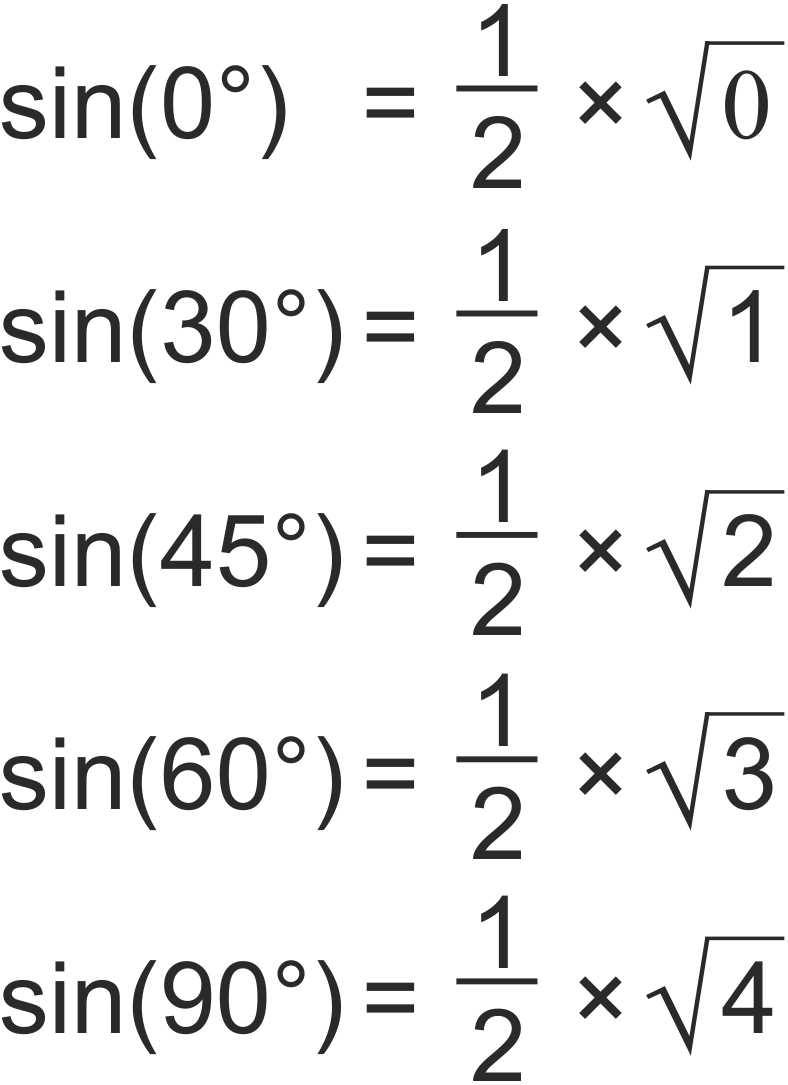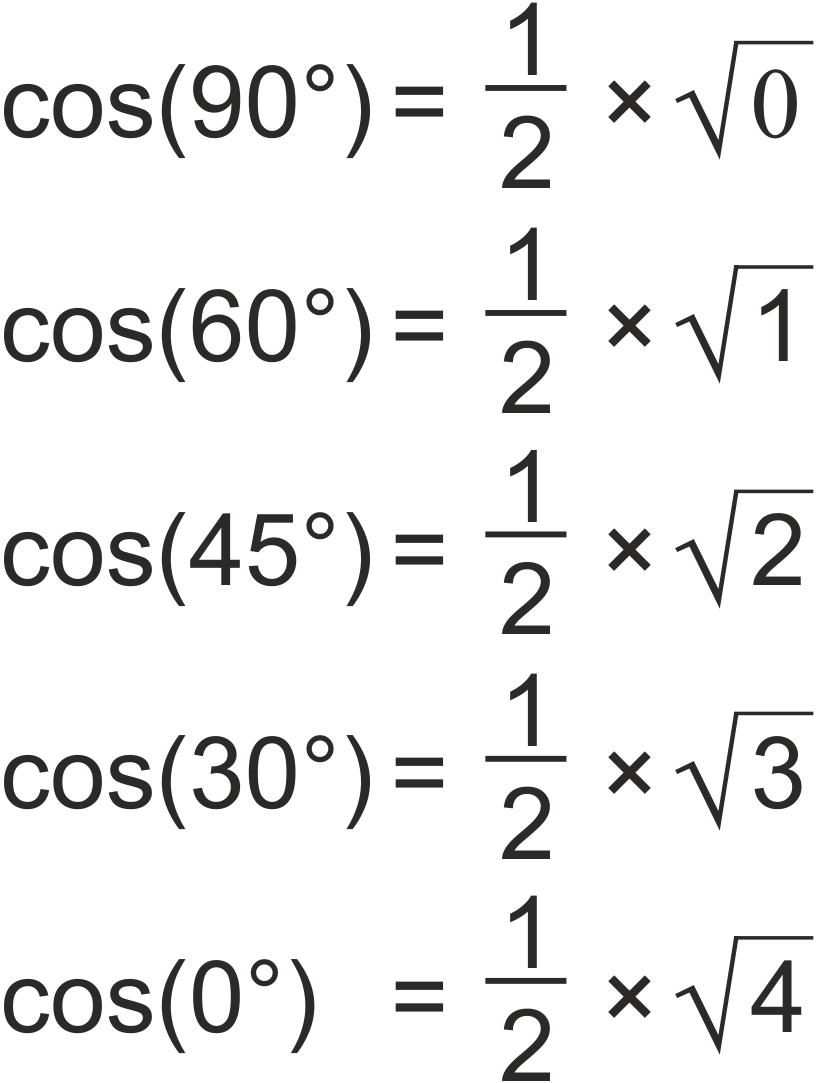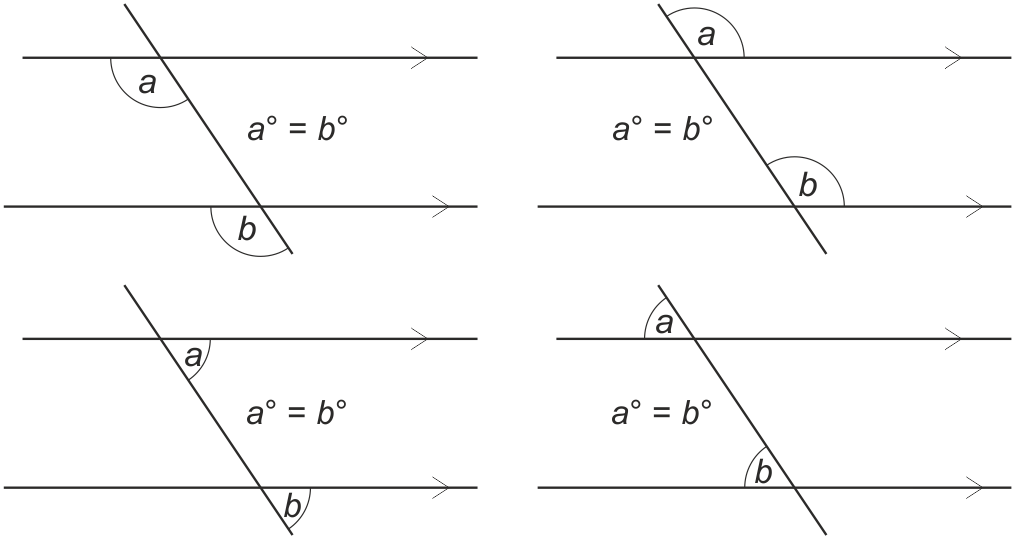Did you know?

Emirp
13, 17, 79 are all examples of emirps.
Can you work out what an emirp number is?
(scroll for explanation)
An emirp (the word prime spelt backwards) is a prime number that remains prime even with its digits reversed (eg. 13 and 31 are both primes).
Did you know?

Prime Numbers
If you write the numbers from 82 down to 1 in descending order, you get a prime number (155 digits).
82818079787776757473727170...
Did you know?

Exponent
Exponent means the same as index or power.
It is used in the 'multiplication by itself' operation where the exponent (or index or power) indicates how many times a number should appear in the multiplication.
For example, in 5³ the ³ is the exponent telling us that number 5 should appear '3' times in the multiplication hence giving 5 × 5 × 5
Did you know?

Trigonometry

Did you know?

Trigonometry

Did you know?

Near-Death Experience?
What happens when you get 'scared half to death' twice?
Did you know?

Corresponding Angles
Corresponding angles are found when a transversal intersects a pair of parallel lines. These angles are on the same relative position when looking at the point of intersection.
Corresponding angles are equal.
The pics below show the four pairs of corresponding angles which can be found.

Did you know?

Beauty in Maths
1 × 9 + 2 = 11
12 × 9 + 3 = 111
123 × 9 + 4 = 1111
1234 × 9 + 5 = 11111
12345 × 9 + 6 = 111111
123456 × 9 + 7 = 1111111
1234567 × 9 + 8 = 11111111
12345678 × 9 + 9 = 111111111
Did you know?

APR
APR stands for Annual Percentage Rate and gives the cost of borrowing money as a percentage of the amount borrowed.
